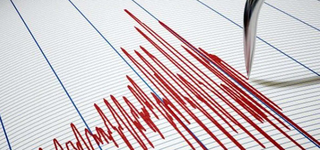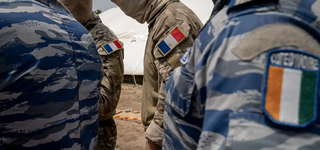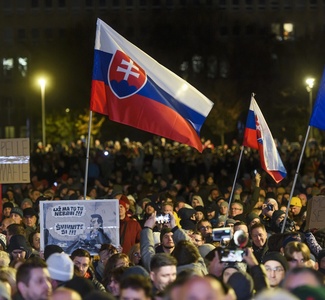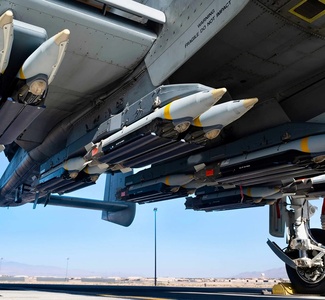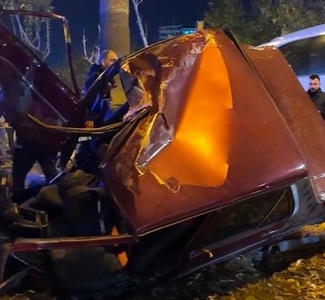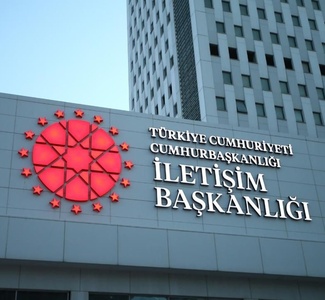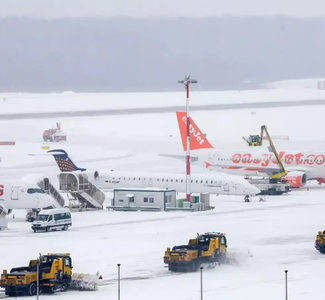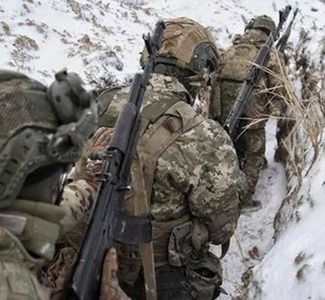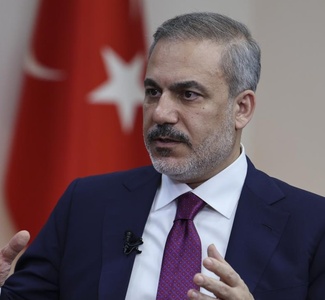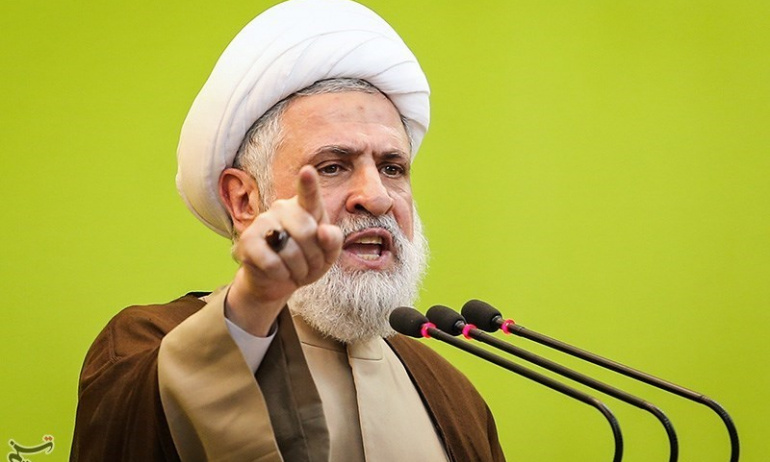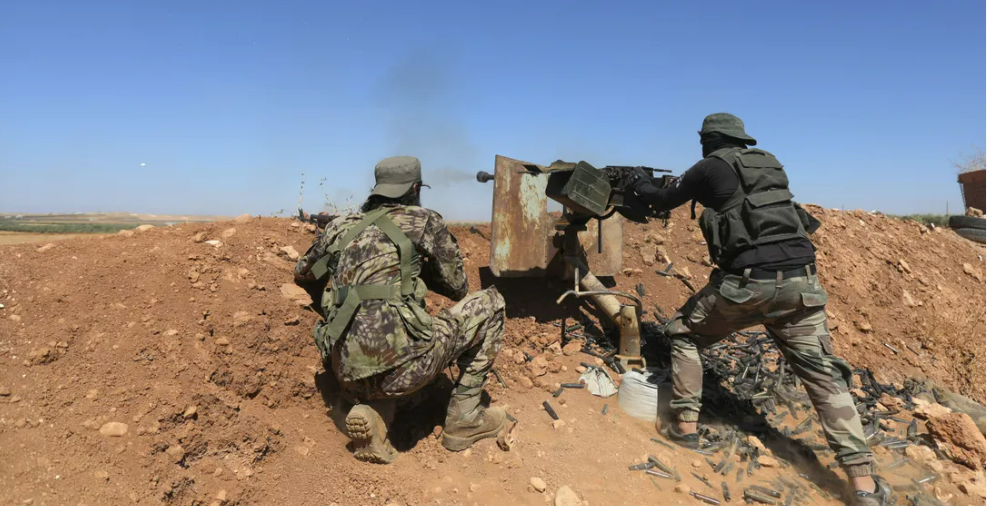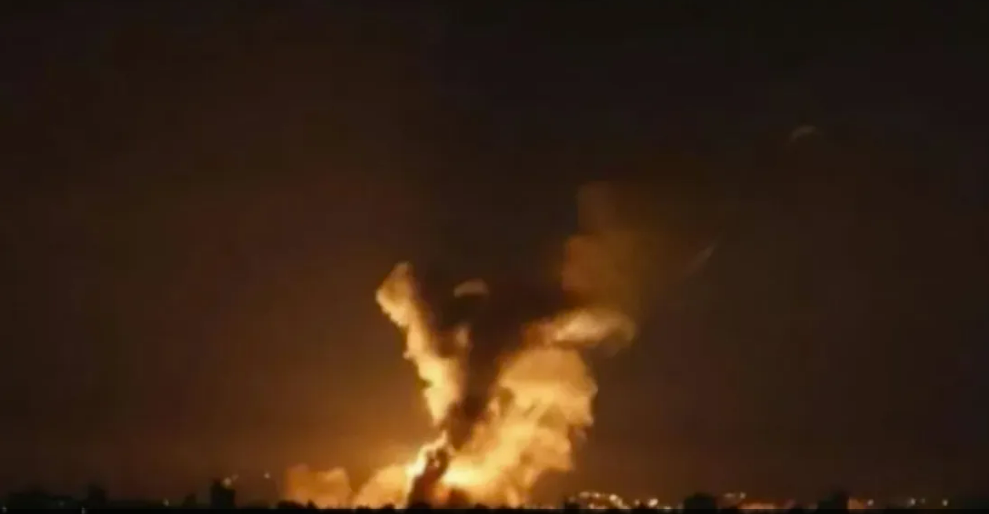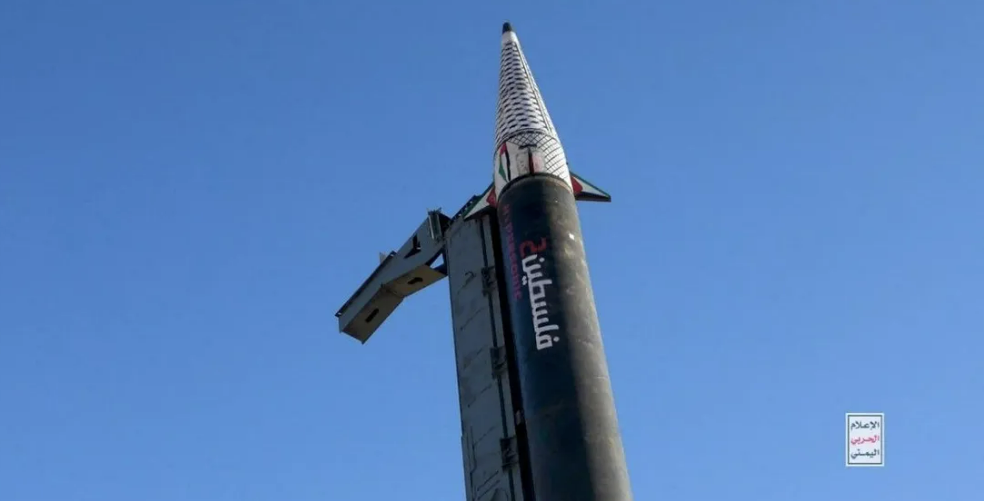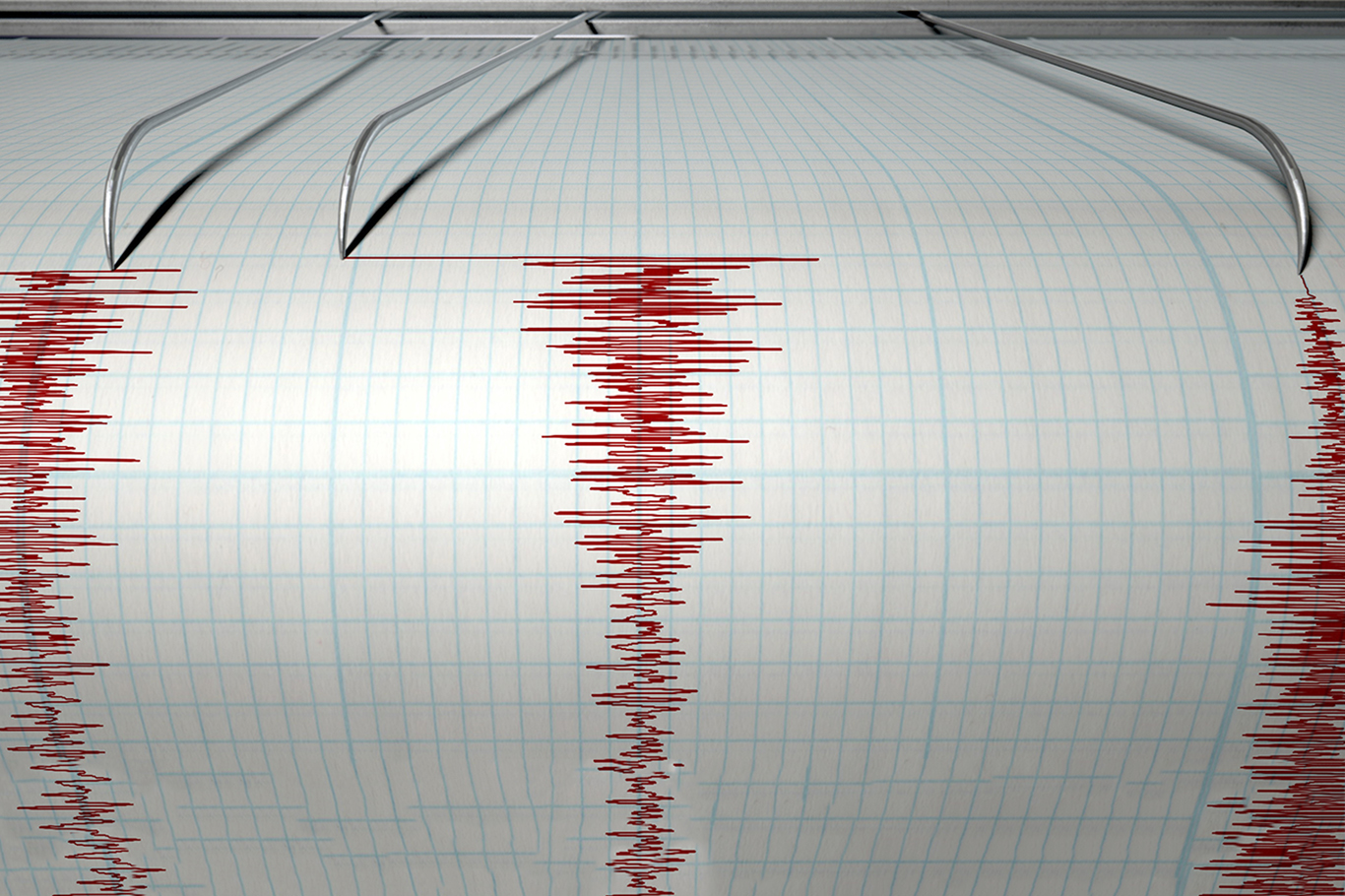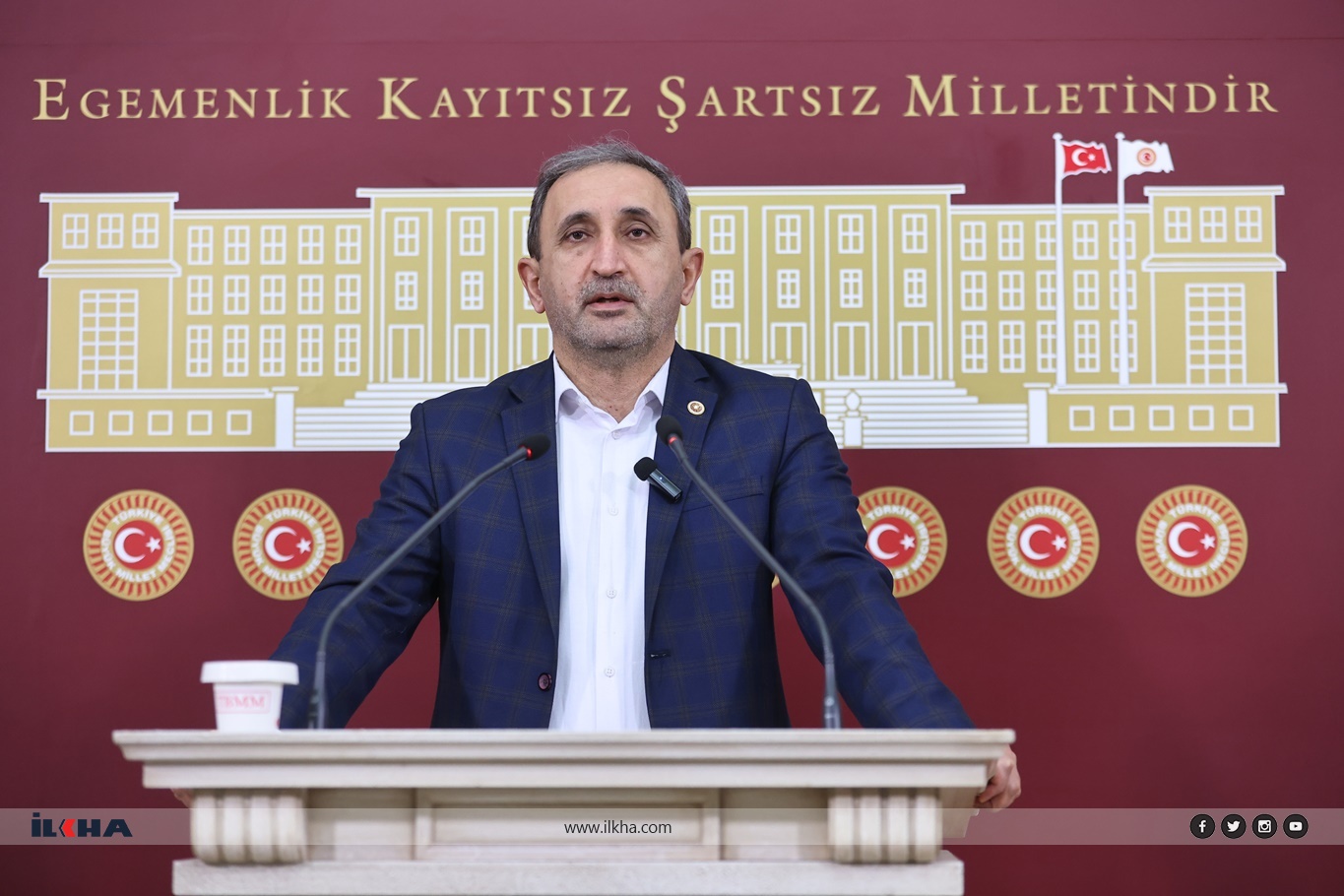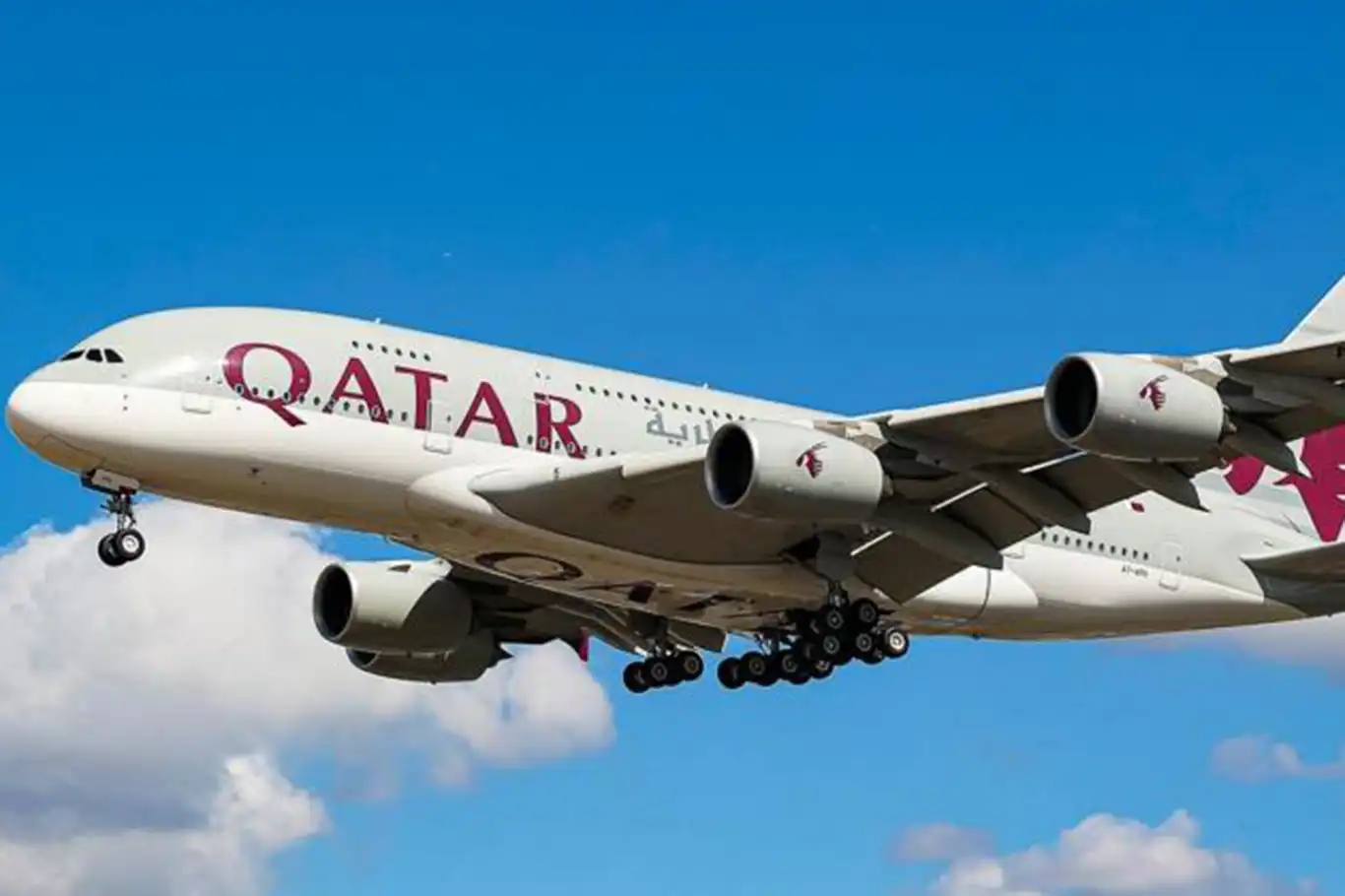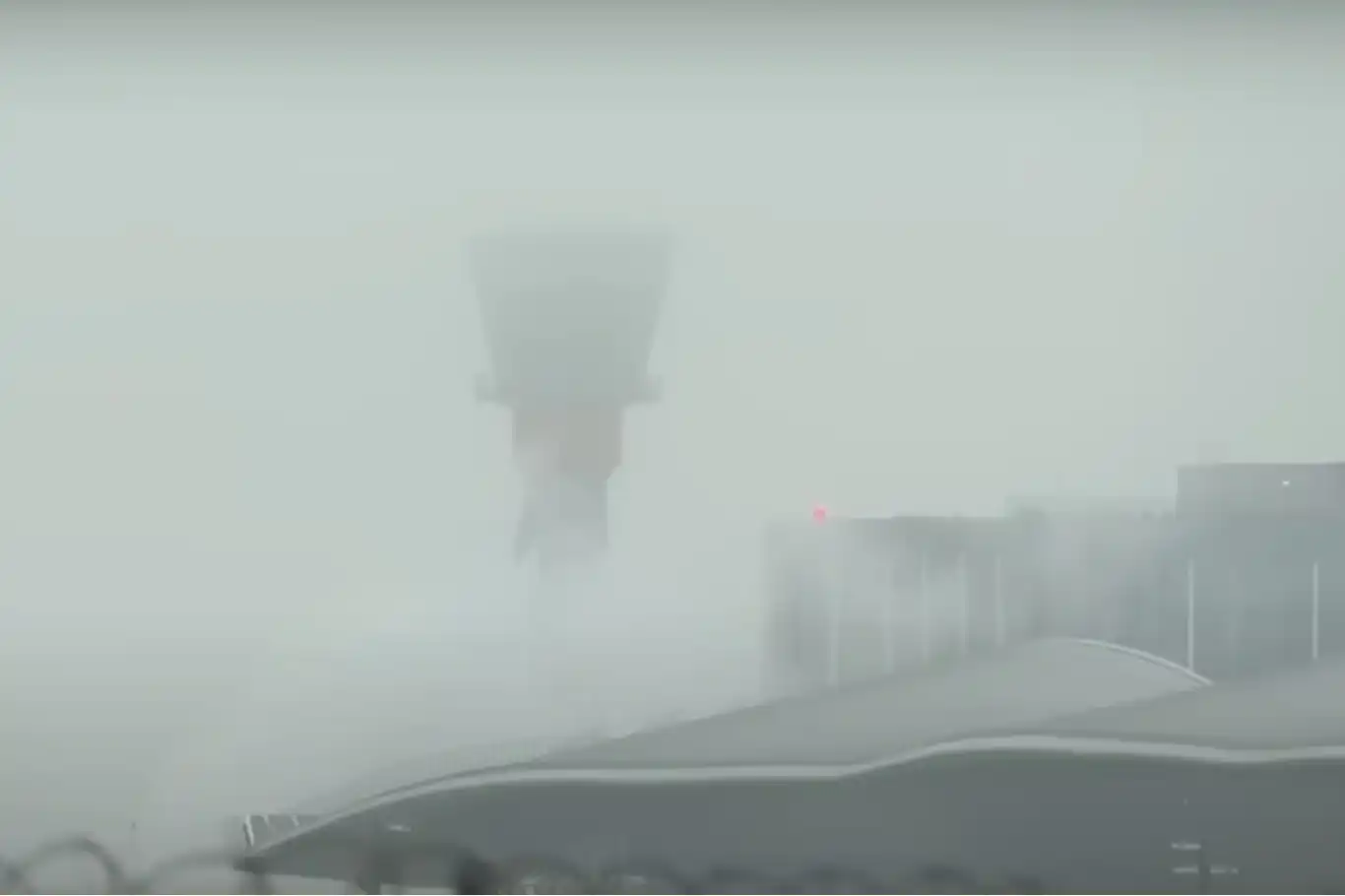Erdoğan issued a message on the 105th Anniversary of "Çanakkale Victory"
Turkey's President Recep Tayyip Erdoğan stated that the Çanakkale Victory, the 105th anniversary of which is celebrated with pride is the heroic epic of the Turkish people written with the spirit of unity and solidarity and with the love of country.

 Google News'te Doğruhaber'e abone olun.
Google News'te Doğruhaber'e abone olun. Underlining that the Çanakkale Victory was a glorious epic that revealed what the people were capable of sacrificing for the sake of their independence, dignity and to protect the nation, despite the great impossibilities, Erdoğan said: "Those who do not know what happened in Çanakkale a century ago, and those who do not understand the struggle, cannot understand the devoutness and determination in our stance against threats facing our homeland today."
Erdoğan said: "Çanakkale Victory, which is one of milestones in our history, was also the harbinger of our War of Independence, and the unity, brotherhood and solidarity exhibited in Çanakkale revealed the spirit that is essential for our struggle for independence."
"As we commemorate hundreds of thousands of martyrs lying in Çanakkale, I would like to reiterate that we can only pay our debt of gratitude to our martyrs by constantly upholding our homeland, flag and the traits that brought our nation victory," he added.
The Battle of Çanakkale was a campaign of the First World War that took place on the Gallipoli peninsula (Gelibolu in modern Turkey), from 17 February 1915 to 9 January 1916. The Entente powers, Britain, France and Russia, sought to weaken the Ottoman Empire, one of the Central Powers, by taking control of the straits that provided a supply route to Russia. The Allies' attack on Ottoman forts at the entrance of the Dardanelles in February 1915 failed and was followed by an amphibious landing on the Gallipoli peninsula in April 1915 to capture the Ottoman capital of Istanbul.
In January 1916, after eight months' fighting, with approximately 250,000 casualties on each side, the land campaign was abandoned and the invasion force withdrawn. It was a costly defeat for the Allies and for the sponsors, especially First Lord of the Admiralty (1911–1915), Winston Churchill. The campaign was a great Ottoman victory.
In Turkey, it is regarded as a defining moment in the history of the state, a final surge in the defence of the motherland as the Ottoman Empire retreated. The struggle formed the basis for the Turkish War of Independence and the declaration of the Republic of Turkey eight years later, with Mustafa Kemal Atatürk, who rose to prominence as a commander at Gallipoli, as founder and president.
The campaign is often considered to be the beginning of Australian and New Zealand national consciousness; 25 April, the anniversary of the landings, is known as ANZAC Day, the most significant commemoration of military casualties and veterans in the two countries, surpassing Remembrance Day (Armistice Day). (ILKHA)






























